“If you think about what you ought to do for other people, your character will take care of itself.” –Bro. Woodrow Wilson
Perhaps it is true that all institutions ultimately move away from their orthodoxy. Times change. People move through organizations; some affect them, some don’t. Over the long haul, it is hard to keep the original definition in focus.
I am sometimes amused at how hard we work at defining Freemasonry. Every Grand Jurisdiction has at least one brochure espousing what Freemasonry is and what Masons do. We attempt to tell the world what we are, and are not; what Masons believe; what we do in lodge, the kinds of charities we support, our importance in the world, why men should join us; and even how to join. Every state and national Masonic organization I am acquainted with offers a number of printed materials about Masonry. Essentially all have websites.
Of course, we also suffer from our share of “not so informed” information about us; often distributed by non-masonic groups who delight in taking a published interest in us. This includes anti-masons, television evangelists, individuals who print hatred just because hatred sells; and weak fundamentalist sects with the wrong mission at heart.
I personally don’t mind any of this. Certainly, Grand Lodges should make as much available in the way of Masonic information and education as they can. It helps both our members and the larger public. The anti-masonic materials do little damage. We get attention, even when the information is bad. I hold to the premise that thoughtful people will generally give little credence to information which appears biased in its content. And I’ve never met a thoughtful anti-mason.
All of this really makes little difference anyway. What does make a real difference to everyone is that we hold to our orthodoxy. The creed of Masonry is moral action. Masonry to the world is the character of Masons. The character of Masons speaks more eloquently than all the books and pamphlets written about our fraternity.
This means that in the community where Masons are seen as men of high integrity, the fraternity stands in high repute. In the community where Masons do not have the respect of the public, Masonry has little chance of being seen as an organization of men with a beautiful system of moral and ethical teaching.
It is just that simple. The reputation of Freemasonry rests literally in the character of each Brother. It is in the power of every member to glorify or diminish the institution.
We must recognize that most people will never read a word about Masonry or know of its philanthropies. The public’s perception of the fraternity will never be well defined. The sole basis of judging it will be the character of the men who are known to be Masons.
People do not read books—people read men. Masonry is to them what they see in the temperament of Masons. While this places an awesome responsibility on every Mason in every community in the world; it is indeed the distinction of Masonry. It is its orthodoxy.
The sad fact is that one bad example can do us a lot of harm. When one of us is caught up in some public scandal, or unethical business dealing, or an immoral act, the public takes it for granted that Masonry, for all its beautiful system of morality, either condones such behavior, or is too weak to be of adequate influence by its teachings to prevent it.
So it really is up to each of us. The bottom line is that the Mason who lives up to the teachings and obligations of Masonry will be a man above reproach—not only to his brethren; but among his neighbors, his family, his friends, his business partners, and his community. It would be wonderful to hear the merchant say, “I have been taken in by a good many scoundrels, but never have I had any trouble with a man who wore the square and compasses.” Or, to have the minister proclaim, “I know nothing of the religious or non-religious teachings of the Masonic fraternity, but I have never heard a Mason make a disparaging remark concerning the church.” Or to have the judge say, “Never in my experience as a judge have I had a case before me of two Masons going to law.” Or, to hear non-masons say, “I frequently attend social gatherings of Masons and while I don’t know anything about the inner side of Masonry, their exhibition of good mindedness and solid behavior impress me to think that their teachings must be good.”
In fact, I would be more than delighted if most people thought our most famous Masonic emblem, the letter G, stood for Gentleman. After all, every man who wears it is to be one.
You see, we are what other people say we are. The best argument for Masonry is a good man. Just as the best example of humanity is a good human being.
________________________________________
THANK YOU FOR READING THE LAUDABLE PURSUIT!
IF YOU ENJOYED THIS PIECE, PLEASE FEEL FREE TO SHARE IT ON SOCIAL MEDIA SITES AND WITH YOUR LODGE.
For more information on Wor. Robert G. Davis Please: CLICK HERE
Also, visit us on Facebook: https://www.facebook.com/TheLaudablePursuit
_______________________________________
SHOW YOUR SUPPORT
If you enjoyed this content, you can show your support by visiting the "Support TLP" page in the header.




